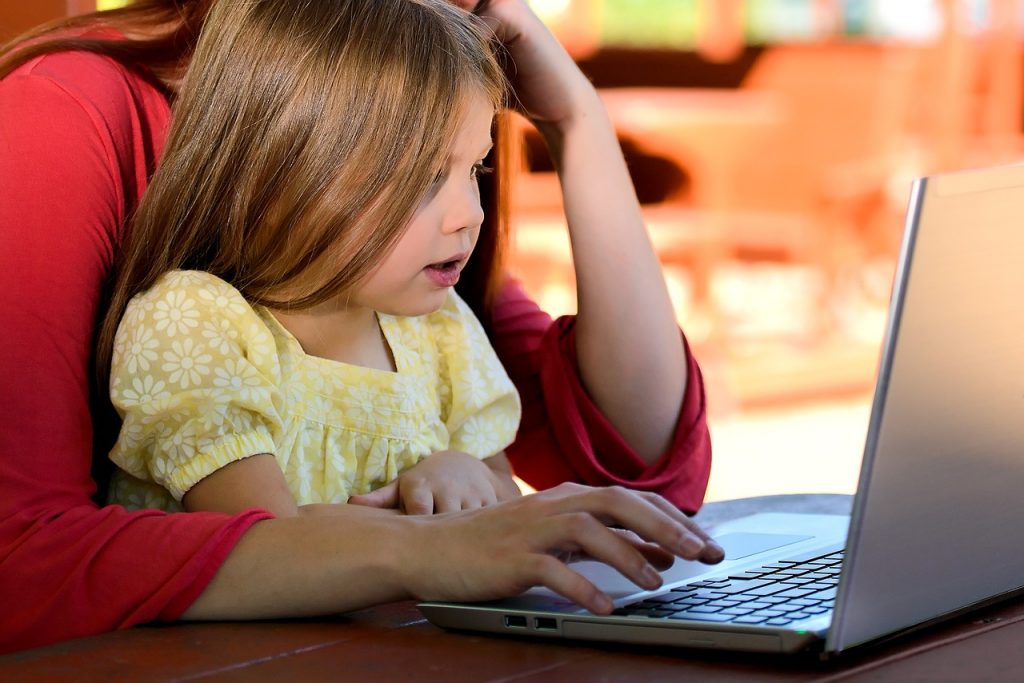This year marks 40 years since the World Health Organization (WHO) announced that smallpox had been eradicated worldwide, the first and only infectious disease of humans to have this honour.
Last year marked 220 years since Edward Jenner pioneered his smallpox vaccination. I don’t mention those two things randomly: smallpox was only eradicated following a global immunisation campaign by the WHO.
Yet the past week has seen a flurry of headlines claiming that low trust in vaccines is creating a global health crisis; that anti-vaccine movements are gaining momentum; that Ukraine is facing a measles epidemic and that healthcare workers providing polio vaccines in Pakistan face violence and aggression.
For all the benefits vaccination has brought us, it has also become an emotive and divisive debate – and one in which the human rights of those involved are often overlooked.
How far are children’s rights are being protected, and their welfare prioritised in this debate?
At the heart of the vaccination debate are our rights to autonomy and self-determination: it’s for us to make decisions for ourselves, and we shouldn’t be subjected to vaccinations that we don’t want or haven’t agreed to. At least in the UK, we have to give our voluntary and informed consent to medical treatment for it to be lawful. But in a debate that’s awash with fake news, rumours, and dubious information being spread online, how informed is people’s consent actually?

Image Credit: Pixabay.
And, in the case of vaccinations there’s an additional complication: in the vast majority of cases we’re talking about parents making decisions on behalf of their children. How far are children’s rights are being protected, and their welfare prioritised in this debate?
Plus, the right to self-determination has its limits. Generally, we cannot do whatever we want, regardless of how it affects others. The impact of people choosing not to be vaccinated can be profound: it puts huge numbers of people at risk of serious, and sometimes fatal, diseases. Surely this is enough to outweigh the rights of individuals?
Some countries think so, and have made vaccinations mandatory, barring children from attending school unless they are vaccinated. Where this is the case, the rights to education introduce an additional, competing factor. Can increasing the rights of children to health be justified by denying them access to another?
I firmly believe that the medical evidence shows us the benefits of vaccination. I don’t think that’s up for debate.
Finally, in some cases, there are issues of freedom of religion, conscience and expression. Although no major religion expressly forbids vaccinations, some people object to vaccinations on religious grounds – for example, on the basis that fetal tissue has been used to develop vaccines. Then there are the huge numbers of people who object for philosophical or political reasons, believing that the state should not be allowed to force their views on others.
I firmly believe that the medical evidence shows us the benefits of vaccination. I don’t think that’s up for debate. What I still haven’t made my mind up on is whether forcing people into vaccination is the best way forward. How about you?







